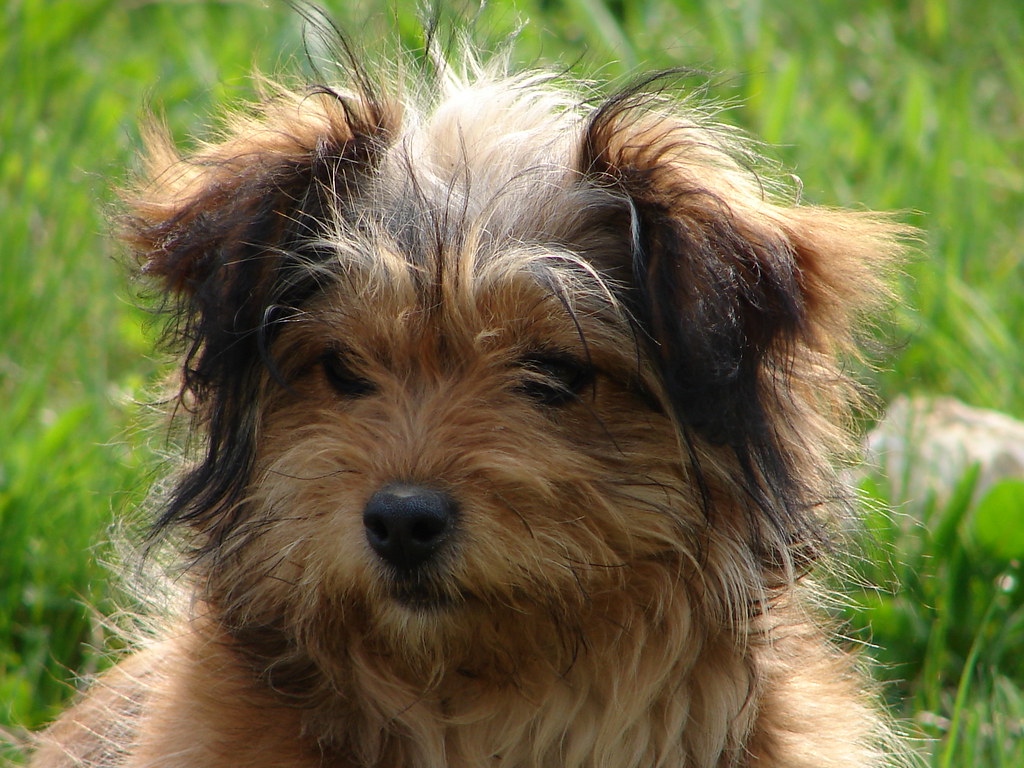Can Dogs Eat Scallops? — Yes, They Can
Scallops are safe for dogs to consume, but they should only be given in small quantities and cooked thoroughly. Raw or undercooked scallops can contain bacteria and parasites that may be harmful to dogs. It is important to remove the scallop’s connective tissue and cut them into bite-sized pieces before feeding them to your furry friend.
Can Puppies Eat Scallops?
Puppies can eat scallops in moderation once they are fully weaned and have a well-established diet. However, it is advisable to introduce new foods gradually to avoid upset stomachs or allergic reactions. Always consult with your veterinarian before giving scallops or any other human food to your puppy.
Things to consider when feeding scallops to puppies?
When feeding scallops to puppies, it is essential to monitor them closely for any adverse reactions. Start with a small portion and observe if there are any digestive upsets or signs of allergies, such as itching or vomiting. If your puppy shows any discomfort, discontinue feeding scallops and consult your vet.
Nutritional Benefits of Scallops for Dogs — Why Scallops are Good for Dogs?
1. High in Protein
Scallops are a great source of protein for dogs. Protein is essential for muscle growth, repair, and overall canine health.
2. Rich in Omega‑3 Fatty Acids
Scallops are also packed with omega‑3 fatty acids, which have anti-inflammatory properties and promote a healthy coat, skin, and brain function in dogs.
3. Low in Fat
Scallops have a low-fat content, making them a suitable treat for dogs prone to weight gain or with sensitive digestive systems.
4. Good Source of Vitamins and Minerals
Scallops contain essential vitamins and minerals like vitamin B12, magnesium, and potassium, which contribute to your dog’s overall well-being.
5. Supports Healthy Immune System
The nutrients found in scallops help support the dog’s immune system, aiding in fighting off illnesses and promoting better overall health in canines.
Potential Allergies: Can Dogs Be Allergic to Scallops?
Just like humans, some dogs can be allergic to shellfish, including scallops. It is essential to monitor your dog for any allergic reactions after introducing scallops into their diet. Common symptoms of scallop allergies include itching, hives, swelling, vomiting, or diarrhea.
Symptoms of Scallops Allergies in Dogs
- Itching and scratching
- Hives or rashes on the skin
- Swelling, especially around the face, mouth, or throat
What to Do If Your Dog Shows Symptoms?
- If your dog exhibits any signs of an allergic reaction to scallops, discontinue feeding them immediately.
- Contact your veterinarian for further guidance and possible treatment options.
- In severe cases, your vet may prescribe antihistamines or other medications to alleviate your dog’s symptoms.
Recommended Amount: How Much Scallops Can a Dog Consume?
Scallops should only be given as an occasional treat or addition to your dog’s regular diet. It is recommended to feed them in small portions, such as one or two bite-sized pieces, to avoid gastrointestinal issues.
Things to Consider When Feeding Scallops to Dogs
When feeding scallops to dogs, make sure to remove any seasoning or additives that may be harmful. Additionally, be cautious of giving your dog scallops that are high in salt or butter, as these can lead to sodium and fat-related health problems.
How to Feed Scallops to Dogs: A Quick Guide
Feeding your dog scallops can be a delightful experience for both of you. However, remember to follow these steps to ensure your dog’s safety:
Grilled Scallops with Sweet Potato Mash
This recipe combines the flavors of grilled scallops and sweet potato mash, creating a nutritious and tasty meal for your furry companion.
Scallop Treats
You can also make homemade scallop treats for your dog. Cut the scallops into small pieces, coat them with whole wheat flour, and bake them until they are crispy.
Pan-Seared Scallops with Vegetables
Another option is to prepare pan-seared scallops with a mix of dog-friendly vegetables like carrots, peas, and broccoli. Cook the scallops until they are thoroughly done and serve them alongside the vegetables.
Conclusion
In conclusion, dogs can eat scallops but need to be offered in moderation, properly cooked, and without any additives or seasonings. Scallops provide essential proteins, omega‑3 fatty acids, and other beneficial nutrients for dogs. However, it is crucial to watch out for allergies and introduce new foods gradually. Always consult with your veterinarian before making any significant changes to your dog’s diet.






